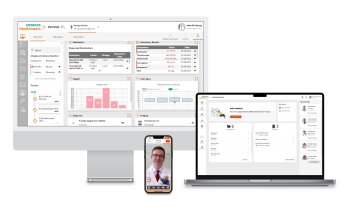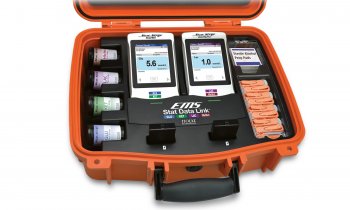Web 2.0 makes the electronic health file look old
Web 2.0 is a 'buzz# phrase used to describe users' involvement with the Internet. This form of electronic exertion of influence is still fairly rare.
‘This reluctance regarding new developments is typical in medicine,’ remarked Professor Frank Ückert, Junior Professor at the Institute for Medical Informatics and Biomathematics at the University Hospital Muenster, Germany, who discuss this theme at the IT forum MEDICA MEDIA at MEDICA (19-22 November). ‘I’m not saying that this development is necessarily good. But we mustn’t ignore the Internet as a medium. We have to prepare for what is going to happen,’ he added. ‘After all, at one time there was even scepticism about the introduction of the telephone into medicine – for many doctors the only thing that counted was direct contact between patient and doctor.’
This perhaps explains why Google-Health, an internet-based health information source for the general public, is flippantly referred to by many German doctors as ‘StudiVZ for the Sick’ (Explanation: StudiVZ is a highly popular, Berlin-based social networking platform mainly for college and university students in the German-speaking countries). However, condemnation of such services may be hasty. Microsoft, and partners, has commenced a similar project. Named HealthVault, this aims to set international standards, and if that happens it will probably be irrelevant what patients, doctors, medical insurers and those involved in data protection want from an electronic health file – it may be outdated before it could even be introduced.
Professor Ückert is among the initiators of the electronic health file akteonline.de, on which patients can store, organise and transfer their medical data via the Internet. He believes that, in countries such as the USA, medical products in the sense of Web 2.0 are further advanced because those who hold medical insurance have more personal responsibility. However, this also applies in Germany, where pressure is increasing for people to develop more personal responsibility – including the organisation and monitoring of their own data.
Further details: http://www.medicamedia.de.
29.10.2008










